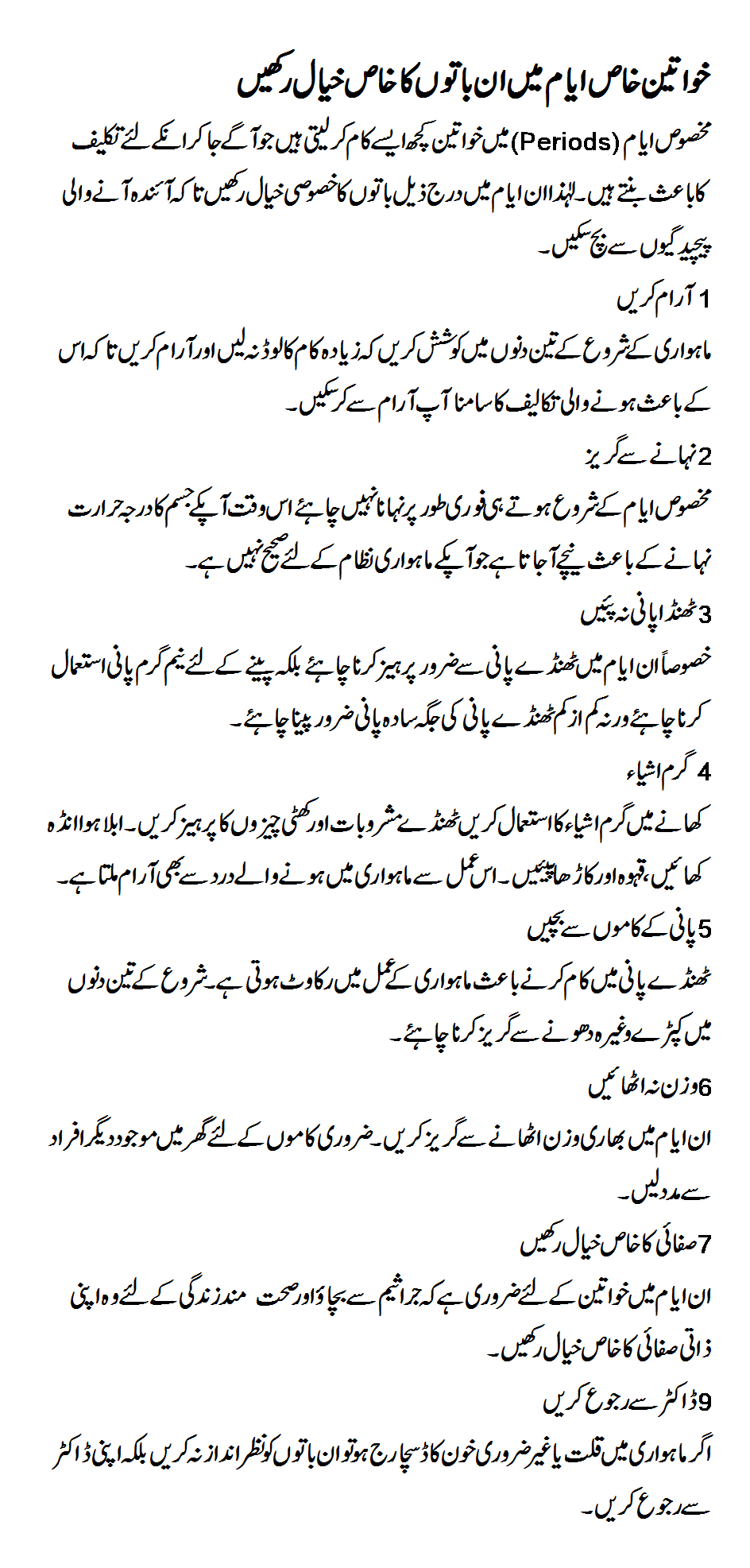Women have unique nutritional needs. By eating well at every stage of life, you can control cravings, manage your weight, boost your energy, and look and feel your best.
Women and healthy eating
Trying to balance the demands of family and work or school—and also cope with media pressure to look and eat a certain way—can make it difficult for any woman to maintain a healthy diet. But the right food can not only improve your mood, boost your energy, and help you maintain a healthy weight, it can also support you through the different stages in a woman’s life.
As women, many of us are frequently prone to neglecting our own dietary needs. You may feel that you’re too busy to eat well or used to putting the needs of your family before your own. Or perhaps you’re trying to stick to an extreme diet that leaves you short on vital nutrients and feeling cranky, hungry, and low on energy.
Women’s specific needs are often neglected by dietary research, too. Nutritional studies tend to rely on male subjects whose hormone levels are more stable and predictable, thus sometimes making the results irrelevant or even misleading to women’s needs. All this can add up to serious shortfalls in your daily nutrition.

While what works best for one woman may not always be the best choice for another, the important thing is to build your diet around your vital nutritional needs. Whether you’re looking to improve your energy and mood, combat stress or PMS, boost fertility, enjoy a healthy pregnancy, or ease the symptoms of menopause, these nutrition tips can help you to stay healthy, active, and vibrant throughout your ever-changing life.
How women’s nutritional needs differ from men’s
As children, boys’ and girls’ dietary needs are largely similar. But when puberty begins, women start to develop unique nutritional requirements. And as we age and our bodies go through more physical and hormonal changes, so our nutritional needs continue to evolve, making it important that our diets evolve to meet these changing needs.
While women tend to need fewer calories than men, our requirements for certain vitamins and minerals are much higher. Hormonal changes associated with menstruation, child-bearing, and menopause mean that women have a higher risk of anemia, weakened bones, and osteoporosis, requiring a higher intake of nutrients such as iron, calcium, magnesium, vitamin D, and vitamin B9 (folate).